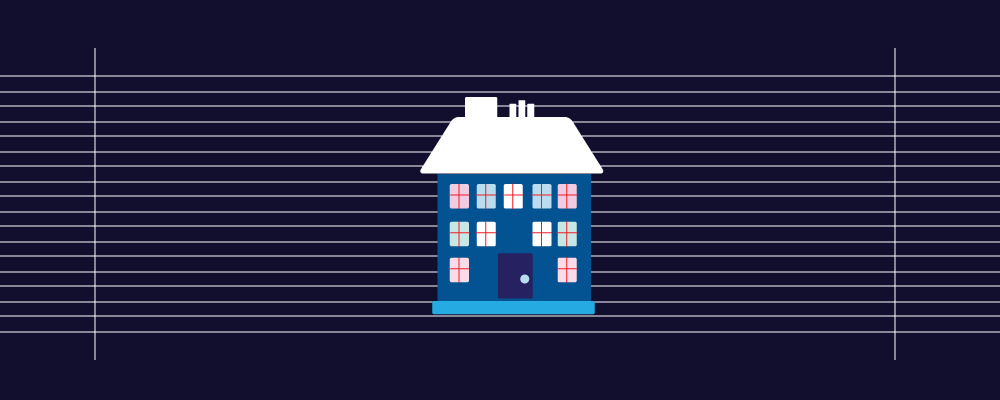Who knew that taking a loan to buy your new house could also help you with your Income Tax! Yes, there are several tax deductions associated with a new house when it is financed with a Home Loan.
Here’s a quick guide to help you understand the different tax exemptions you can claim on a Home Loan.
Home Loan tax benefits
If you are planning to claim tax benefits on your Home Loan, these are the types of deductions available:
- Deduction on principal amount: As per the financial guidelines of 2015-16, you can claim a maximum of Rs. 1.5 Lakhs deduction under Section 80C of the Income Tax Act. This applies to the EMI component which goes towards paying off the principal amount of the loan.
- Deduction on interest: You can claim a deduction on the interest component of your Home Loan EMI, for a maximum of Rs. 2 Lakhs. However, you must be the owner or a co-applicant of the loan to claim this benefit.
- Deduction on stamp duty and registration charges: Under Section 80C of the Income Tax Act, you can even claim a deduction on stamp duty and registration charges paid. This claim can only be made in the year when they were paid, so make a note of this!
- Deduction on pre-construction interest: While you can start claiming your deductions for interest in the year when the house is completed, you can also start claiming pre-construction deductions from the same year. You need to add the entire pre-construction interest amount and claim it in five equal instalments. You can only claim a maximum of Rs. 2 Lakhs as tax deduction under this section.
Home Loan tax benefits for co-applicants
In case you are a co-applicant in a Home Loan, you too are eligible for certain tax deductions as explained below:
- Each co-applicant can claim a maximum tax rebate of Rs. 1.5 Lakhs on the principal amount and Rs. 2 Lakhs on interest repayment. (As per financial year 2015-16).
- The property must have been bought jointly by both the individuals in order to claim the tax benefits.
- The share of each individual should be clearly mentioned so that there is no confusion regarding the ownership percentage of each co-applicant.
If you wish to have higher tax savings as a co-applicant, then you should be earning more than your partner. It is always advisable that the person with a higher income be allowed to have a greater contribution towards the Home Loan so that they can enjoy maximum tax benefits.
Tax benefits on your second house
As per the provisions of the Income Tax Act 1961, if you own two houses, one of the properties will, by default, be regarded as a let-out property. The other property will be considered a self-occupied property as per your choice.
In this case, you can claim tax benefits on:
- Deduction on Interest: Irrespective of the second house being actually let-out, you can claim a deduction on the actual interest paid on your Home Loan amount.
- Deduction on Municipal Taxes: You can claim tax deductions on municipal taxes paid in a financial year in which the taxes were actually paid.
- Deduction for repair and maintenance: You can claim a maximum of 30% deduction towards repair and maintenance charges for your second property. This is a fixed percentage, irrespective of the charge you actually paid, which maybe more or less, but you will get a 30% annual tax deduction.
These are the different tax benefits which you are eligible for when you have a Home Loan. In case, you need more help calculating your Home Loan EMIs, check out our Home Loan EMI calculator.

Can we claim tax benefits on two houses, if both the houses are in the same city.
Hi Prashant,
Thank you for the query. Yes, you can claim tax benefits on both the houses. Please check this link for more information. https://blog.bankbazaar.com/second-home-loan-advantages/
Cheers,
Team BankBazaar
“Deduction for repair and maintenance” is only 2nd house or is it applicable for first house as well?
Hi Raghu Vamsi,
This is applicable for your second property only.
Cheers,
Team Bankbazaar